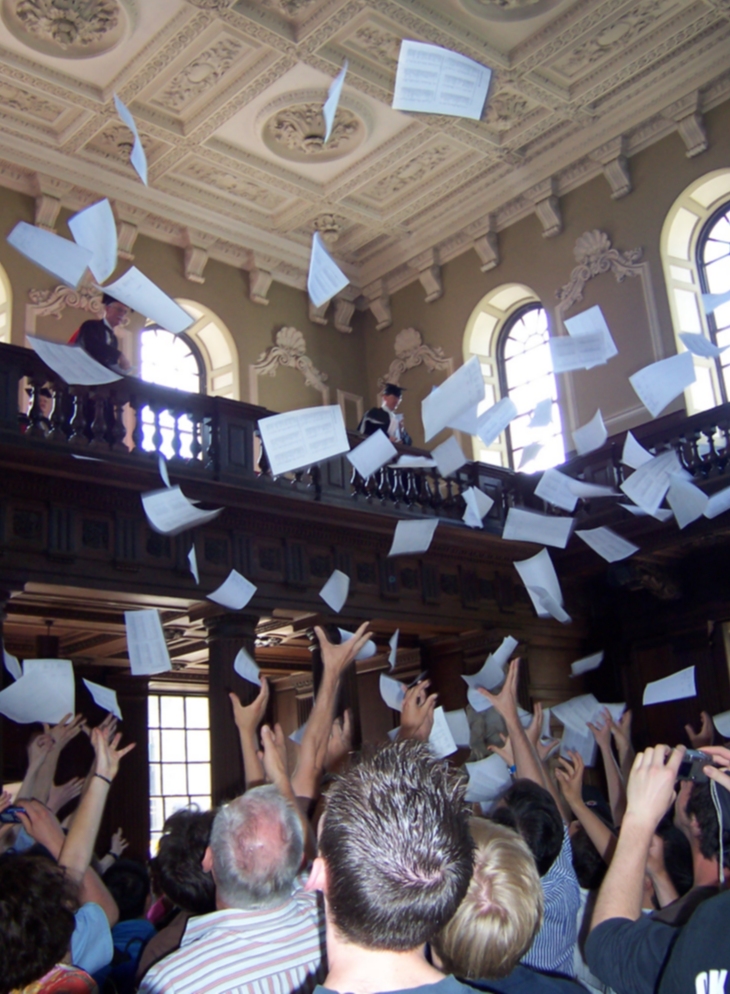|
John Gough (natural Philosopher)
John Gough ( ; 17 January 1757 – 28 July 1825) was a blind English natural and experimental philosopher who is known for his own investigations as well as the influence he had on both John Dalton and William Whewell. Life John Gough was born in Kendal, Westmorland, on 17 January 1757, the eldest child of Nathan Gough (d. 1800) and his wife, Susannah (1731–1798). Gough's father was a wool dyer and shearman dyer, while his mother was the eldest daughter of John Wilson, a prosperous farmer with an estate on the west bank of Windermere. Nathan and Susannah Gough had three sons and four daughters, one of whom died in infancy. The family belonged to the Society of Friends, whose communities flourished in Cumberland and Westmorland during this period. Before he was three years old, Gough was attacked by smallpox and lost his sight. In his childhood he expended much effort in developing his sense of touch and hearing, and appears to have been especially eager to learn to recognize ani ... [...More Info...] [...Related Items...] OR: [Wikipedia] [Google] [Baidu] |
Kendal
Kendal, once Kirkby in Kendal or Kirkby Kendal, is a market town and civil parish in the South Lakeland district of Cumbria, England, south-east of Windermere and north of Lancaster. Historically in Westmorland, it lies within the dale of the River Kent, from which its name is derived. At the 2011 Census, the town had a population of 28,586, making it the third largest town in Cumbria after Carlisle and Barrow-in-Furness. It is renowned today mainly as a centre for shopping, for its festivals and historic sights, including Kendal Castle, and as the home of Kendal Mint Cake. The town's grey limestone buildings have earned it the sobriquet "Auld Grey Town". Name ''Kendal'' takes its name from the River Kent (the etymology of whose name is uncertain but thought to be Celtic) and the Old Norse word ''dalr'' ("valley"). Kendal is listed in the Domesday Book as part of Yorkshire with the name Cherchebi (from Old Norse ''kirkju-bý'', "church-village"). For many centuries it was ca ... [...More Info...] [...Related Items...] OR: [Wikipedia] [Google] [Baidu] |
Tripos
At the University of Cambridge, a Tripos (, plural 'Triposes') is any of the examinations that qualify an undergraduate for a bachelor's degree or the courses taken by a student to prepare for these. For example, an undergraduate studying mathematics is said to be reading for the ''Mathematical Tripos'', whilst a student of English literature is reading for the ''English Tripos''. In most traditional English universities, a student registers to study one field exclusively, rather than having " majors" or " minors" as in American, Australian, Canadian, or Scottish universities. In practice, however, most degrees may be fairly interdisciplinary in nature, depending on the subject. The multi-part tripos system at Cambridge also allows substantial changes in field between parts; the Natural Sciences Tripos is especially designed to allow a highly flexible curriculum across the sciences. Etymology The word has an obscure etymology, but may be traced to the three-legged stool candid ... [...More Info...] [...Related Items...] OR: [Wikipedia] [Google] [Baidu] |
18th-century English Scientists
The 18th century lasted from January 1, 1701 ( MDCCI) to December 31, 1800 ( MDCCC). During the 18th century, elements of Enlightenment thinking culminated in the American, French, and Haitian Revolutions. During the century, slave trading and human trafficking expanded across the shores of the Atlantic, while declining in Russia, China, and Korea. Revolutions began to challenge the legitimacy of monarchical and aristocratic power structures, including the structures and beliefs that supported slavery. The Industrial Revolution began during mid-century, leading to radical changes in human society and the environment. Western historians have occasionally defined the 18th century otherwise for the purposes of their work. For example, the "short" 18th century may be defined as 1715–1789, denoting the period of time between the death of Louis XIV of France and the start of the French Revolution, with an emphasis on directly interconnected events. To historians who expand the ... [...More Info...] [...Related Items...] OR: [Wikipedia] [Google] [Baidu] |

